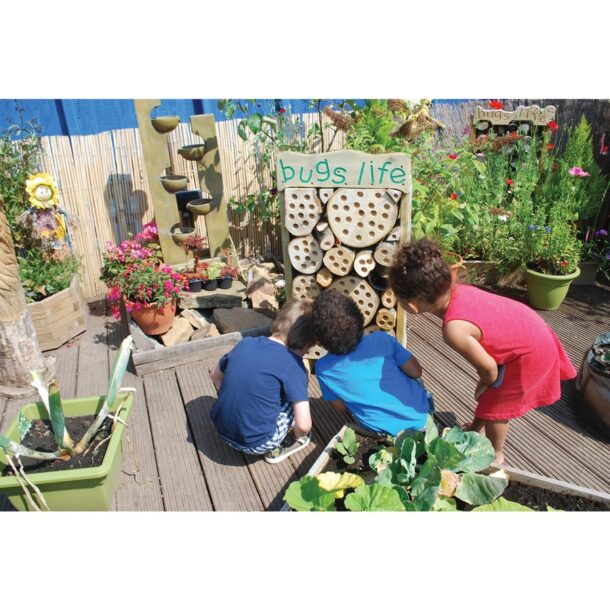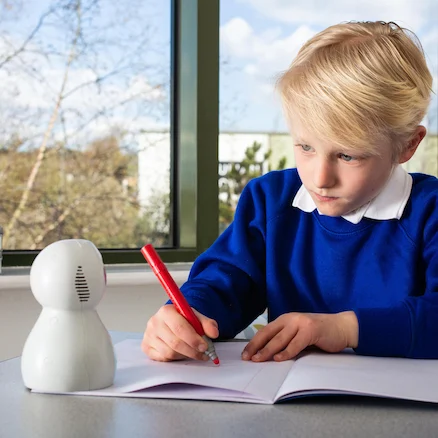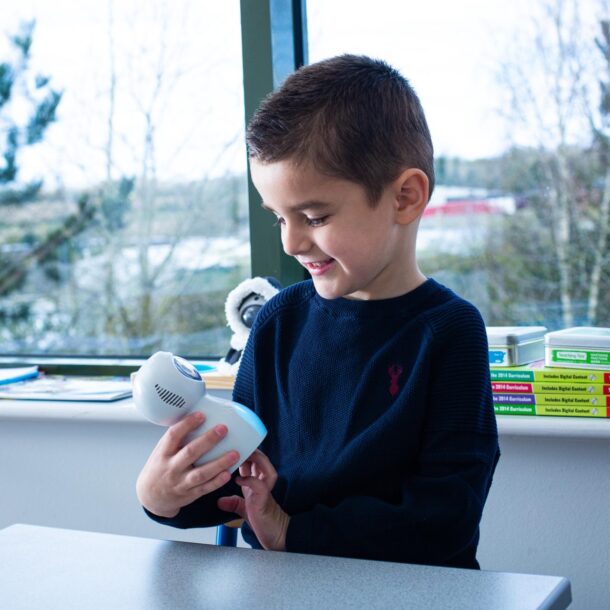This blog is part of a 6-part series. To find where you left off head on over to our wellbeing blog page.
You can’t pour from an empty cup.
An old phrase that is so frequently heard, but how often do we actually ensure we’re not pouring from an empty cup?
As educators, we have the most important job in the world – empowering, educating and enriching the lives of our children and future generations. Yet, with budget cuts, less staff, increasing pressures and all the other factors, it can seem like some days we are doing an impossible task. One thing we can ensure though, as individuals or as leaders is that we value and develop wellbeing for ourselves and our staff. The answer is simple really – happy, healthy staff = happy, healthy children who will both be able to thrive and flourish. Kate Moxley talks about how in order to this, we must put wellbeing at the heart of our philosophy and practice.

When we think about how we can support our wellbeing, it needs to be more than a one-off gesture. It needs to be something we prioritise daily to ensure we are in a happy and healthy state of mind. Going to work should have a positive impact on our wellbeing, but if the environment is not right it can also have a negative impact on our mental health. As an individual, it’s important that you become mindful of your own triggers and red flags when it comes to your mental health. You can’t do everything in one go so prioritise, delegate and seek support as required.
How can we support the mental health and wellbeing of staff?
The Anna Freud Centre recommend the following tips to support the mental health of staff.
Summarised, these are:
- Have a staff mental health lead who is responsible for ensuring there is an effective mental health and wellbeing policy.
- Acknowledge that supporting children with mental health and creating a mentally healthy space can have an impact on the mental health of the teacher, parent, friends and wider circle of that individual too. Opportunities for supervision, or to talk with other members of staff when supporting pupils with complex issues should be in place.
- Make sure there is an external phone number for support around mental health for staff to access.
- Create a culture whereby workload expectations are reduced – for example, no emails on phones, marking policies reviewed and SLT lead by example with no emailing at weekends etc.
- Ensure there is a safe space where staff can take time out if needed.
- Provide opportunities for wellbeing groups and activities such as social events, and exercise classes.
- Complete a staff wellbeing survey and put mental health on the agenda at all staff meetings and governors’ meetings.

Make wellbeing support personal
Being a teacher is a full on job, but it’s important that you do take breaks throughout the day. Remember mental health and wellbeing is personal to you. What helps your wellbeing, may not help another’s. For example, for some going and sitting in the staff room and socialising with others whilst eating their lunch will give them that break they need. For others, ensuring they’ve done their classroom jobs or marking over lunch so they can leave earlier at the end of the day will be better for their wellbeing. It’s important that when we think about supporting the staff with their mental health that we don’t dictate how this has to be done, empowering them to prioritise their mental health how best suits their individual needs is the best solution.
With many thanks to Ruth Lue-Quee for writing this article for us.

Ruth is the founder of My Mummy Teacher, an educational brand that whole-heartedly believes in the power of play. My Mummy Teacher empowers parents and professionals to help their children learn through play, through their best-selling Learning Through Play Cards and a range of additional products and services, that are uniquely adaptable for a wide range of abilities. Ruth is a highly qualified, former Deputy Headteacher of a primary school and has also worked in many aspects of Special Educational Needs including mainstream and additional resourced provision settings. She has considerable experience as a Senior Leader and is passionate about teaching, learning and inclusion within KS1 and EYFS. As well as running My Mummy Teacher, she proudly works in partnership with Cadmus Inclusive as an Inclusion Consultant and regularly writes as an expert for businesses, companies and in the press on Educational and Parenting matters.




